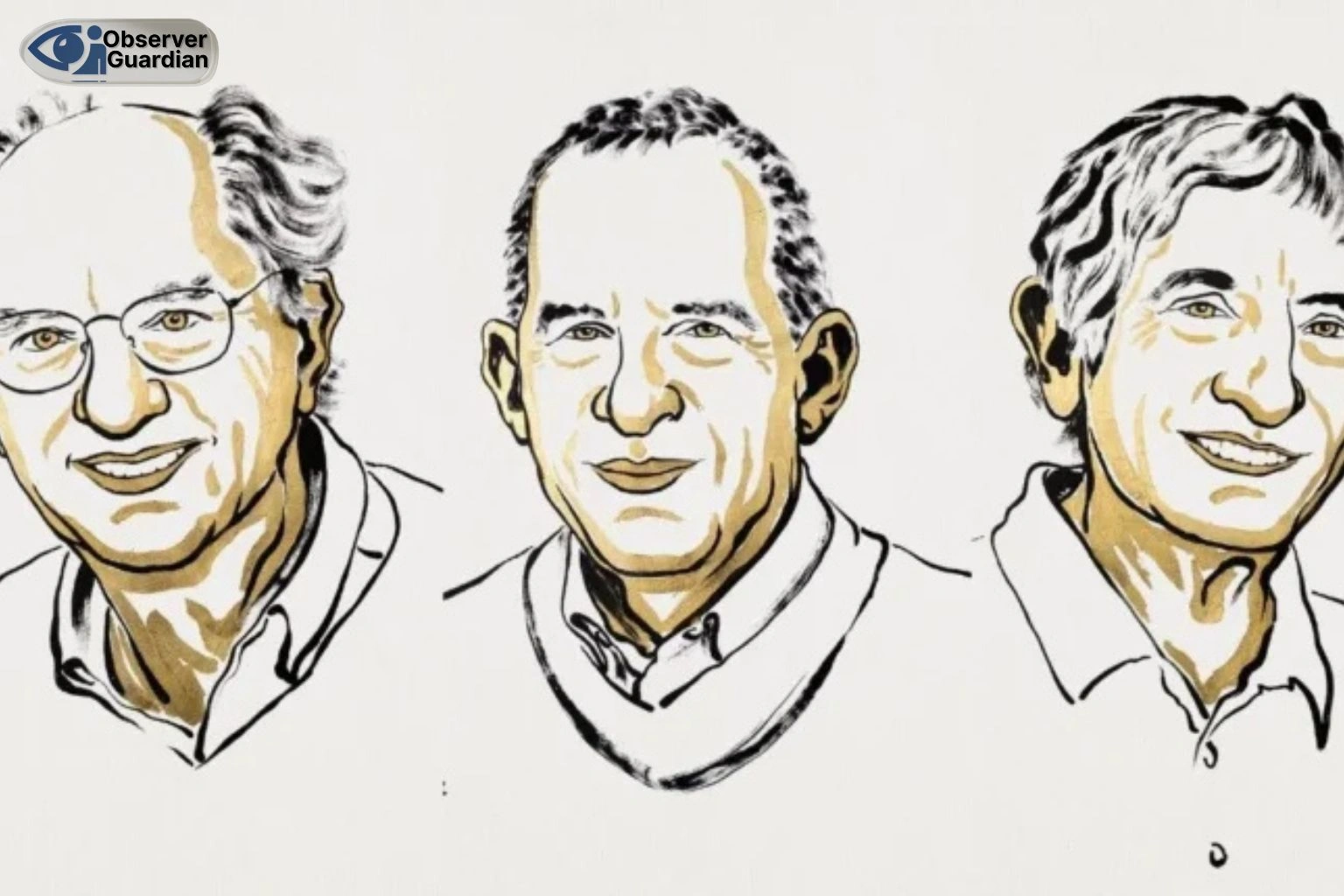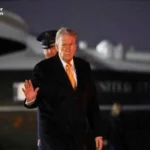The 2025 Nobel Prize in Physics has been awarded to three groundbreaking scientists John Clarke, Michel Devoret, and John Martinis for their pioneering contributions to the field of quantum mechanics. Their experimental work proved that quantum phenomena, once believed to exist only at the atomic or subatomic scale, can also be observed and controlled in larger, engineered systems.
Their discoveries have helped bridge the gap between theoretical quantum physics and real-world applications, paving the way for advanced technologies like quantum computers, superconducting circuits, and ultra-sensitive quantum sensors. This recognition by the Nobel Committee marks a major milestone in the global effort to harness quantum mechanics for future innovation.
The Scientists and Their Contributions
John Clarke, a professor at the University of California, Berkeley, is known for his groundbreaking experiments with superconducting circuits. Michel Devoret, from Yale University, and John Martinis, associated with the University of California, Santa Barbara, have been leading figures in the development of superconducting qubits, the building blocks of modern quantum computers.
Together, the three laureates demonstrated macroscopic quantum tunneling and energy quantization in electrical circuits two fundamental behaviors that proved large-scale systems could exhibit quantum effects. Their research transformed quantum mechanics from a purely theoretical science into an applied field, allowing scientists to design circuits that behave according to quantum laws.
Trump Posts Fake AI Video Announcing ‘MedBed’ Hospitals That Cure Cancer
Why This Award Matters
The Nobel Prize in Physics 2025 celebrates more than just scientific discovery it honors a paradigm shift. For decades, quantum mechanics was seen as mysterious and detached from everyday technology. The work of Clarke, Devoret, and Martinis showed that quantum behavior can be engineered, measured, and controlled in real devices.
This breakthrough opened the door to practical applications that could redefine the future of computing, communication, and sensing. Quantum processors can perform complex calculations at unprecedented speeds, quantum networks promise unbreakable encryption, and quantum sensors offer unmatched precision in detecting gravitational waves or magnetic fields.







